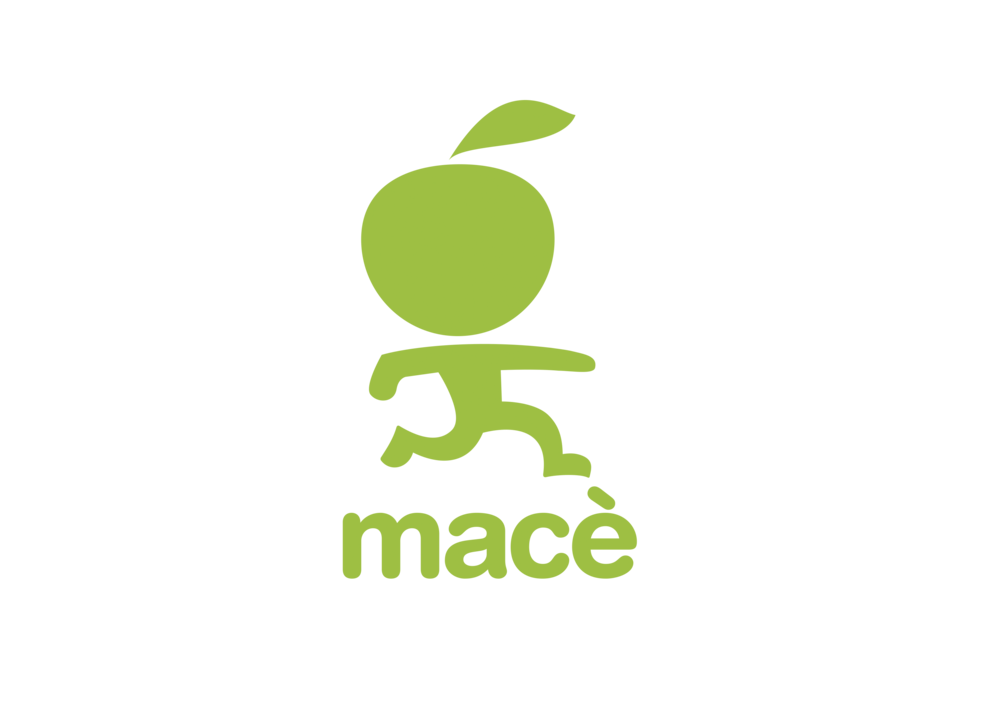ARE ALL JUICES THE SAME?
HOME/NEWS/ARE ALL JUICES THE SAME?

NOT ALL JUICES KEEP FIBERS AND VITAMINS
In the common imagination, one often makes the mistake of thinking that drinking fruit juice is equivalent to eating fruit. In reality, this is not always the case, and this mainly depends on the type of juice you choose to consume.
According to European legislation, there is a difference between juices, nectars, juices and pulp, concentrated juices and concentrated juices.
- Fruit juice is made from 100% healthy and ripe fruit which can be fresh or preserved by refrigeration or freezing
- The nectar consists of both juice and water with the addition of sugars up to 20%
- The juice and pulp, on the other hand, is obtained from fruit puree which can also be concentrated
- The juice from concentrate is obtained by adding the water extracted at the time of concentration
- The concentrated juice, before being bottled, is deprived of a certain amount of water.
Therefore not all juices are the same!
Most of the juices on the market contain added sugars and are processed and pasteurized at high temperatures. However, after heat treatment, many of the vitamins and minerals that were originally present in fruit are lost.
What is high temperature pasteurization?
It is a thermal process that kills bacteria and guarantees the preservation of food. Duration and temperature of juice pasteurization depend on the type of final packaging, for example glass, cans or brick. The average temperature is around 80 ° C. At this temperature, vitamins (in particular A and C) and fibers "spoil" and are no longer available.
Is there an alternative method to pasteurization?
The answer is yes. The alternative to heat treatment is called pascalisation or HPP (acronym for High Pressure Processing). It is a process that allows to obtain a result very similar to pasteurization but at low temperatures thanks to the use of high pressures (about 6000 bar).
The fruit is selected, washed, peeled if necessary, and cold pressed. The fruit juices thus obtained are mixed to create tasty mixes or are bottled as they are. The bottles or Bag-in-Boxes are treated with HPP and are immediately ready to reach the refrigerated counters of supermarkets, bars, cafes, restaurants, etc ...
HPP juices, like those of Macè, are kept in the refrigerator and have a shelf-life of about 90-110 days, therefore shorter than pasteurized juices. The final result, however, is clearly superior. With this method, not only vitamins are preserved, but also the taste and color of the raw material, making these juices much more similar from a nutritional and gustatory point of view to the original fruit.
Now that you know the difference between the types of juices, which one would you choose?
We at Macè made this choice more than 12 years ago, choosing HPP in order to offer consumers a high quality, healthy and above all natural product.
